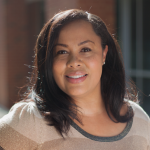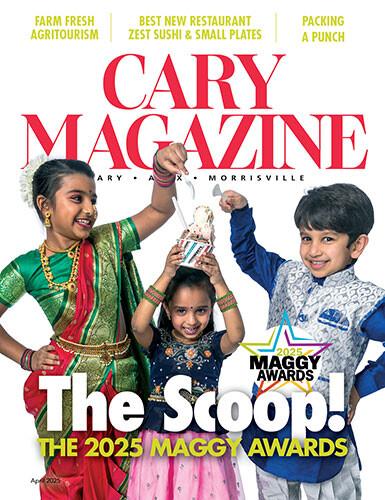Understanding more about diversity and inclusion, how it enriches our lives and brings new ideas, experiences, and energies to our world, is becoming more a part of conversations in the workplace and at home. But among the insightful resources, we are overlooking some of our most powerful teachers — our children.
We can find an abundance of articles that outline talking points with our children on the importance of diversity and inclusion including setting a good example, exposing them to different cultures, and diversifying their reading lists, toys and friend groups. However, these tangible actions merely reinforce what children know instinctually.
Children look first to what they have in common. “Who is your favorite Disney princess?” “Do you like baseball?” “Do you want to go on the swings?” These are the kinds of questions that trigger new friendships between children. Whereas adults are very dialed in to disparities between them and others, and often make assumptions about others based on first impressions, children are unabashedly brave in approaching whomever might be in proximity. Before this pandemic changed our work culture, when was the last time you took a different seat in the break room to introduce yourself to someone new?
Children aren’t afraid to ask questions. As adults, we often avoid topics or even people when we are afraid that we may say the wrong thing. As a diversity executive, I often ask questions of people when I want to understand more about cultures, religions, identities, disabilities and experiences. I have found that overwhelmingly, people welcome opportunities to share more about who they are. Children are courageous in that their desire to understand outweighs their fear of judgement about what they may not know. One of the primary rules of inclusion is the concept of getting comfortable being uncomfortable.
Children prioritize empathy. Let’s be honest, in this unprecedented year, we all need a little extra love — at an appropriate distance of course. 2020 has been difficult to navigate with a pandemic, economic downturn, and racial inequities all taking center stage. We’re frustrated, scared, lonely and exhausted. While we look to steer conversations around why things are occurring and who is at fault, children are much more inherently connected with others, taking time to really listen, encourage vulnerability, and offer affirmations and support. It’s important to slow down and take time for each other.
In a world that is becoming increasingly diverse, while also becoming increasingly hurried and disconnected through our advancements in and dependence on technology, there is much we can learn from our children, particularly around relationships, prioritization and fearlessness. Through their lens, we can get closer to building a world that includes expanded respect, curiosity, engagement and humanity — and to celebrating more of what makes each of us unique.
 Jackie Ferguson is a certified diversity executive, co-founder of The Diversity Movement and a member of the National Diversity Council. A life-long equality advocate, Ferguson believes that everyone has a right to live boldly, love freely and achieve the success they work for.
Jackie Ferguson is a certified diversity executive, co-founder of The Diversity Movement and a member of the National Diversity Council. A life-long equality advocate, Ferguson believes that everyone has a right to live boldly, love freely and achieve the success they work for.






